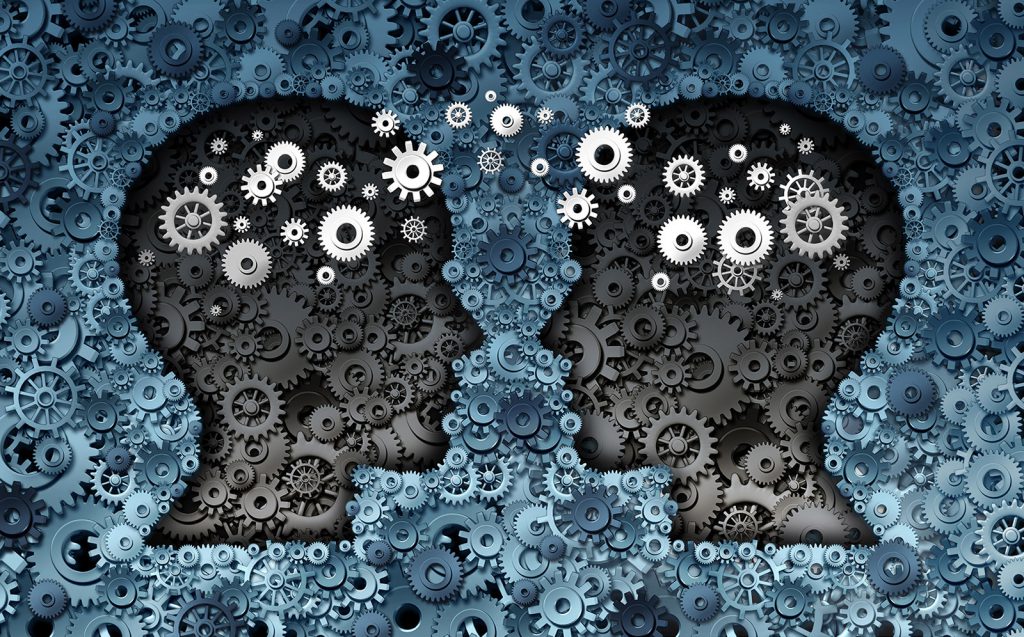Share

Businesses are increasingly recognising that it is just as important for their employees to possess high levels of ‘soft skills’, such as resilience and emotional intelligence, as it is for them to have the ‘hard skills’ traditionally sought after in the recruitment process, such as technological capability.
In this article, I want to focus on emotional intelligence (EI). I’m going to take a look at what it is and why it’s so beneficial in the workplace, as well as how you can increase your own level of emotional intelligence.
Emotional intelligence is a combination of self-awareness, self-management and the ability to harness both your own and other’s emotions to benefit the situation. It’s one of those things that we all inherently possess at one level or another and that we rely on to navigate social situations – without realising we ever had it in the first place.
In the days when a person’s IQ was seen as the pinnacle of how successful they would be, it didn’t make sense that those with standard IQs often outperformed those with high IQs. The introduction of the theory of EI provided the solution to that anomaly – and it has since become a widely recognised defining factor in what makes someone successful.
In fact, research has shown that EI has a correlation with high performance in the workplacedue to their interpersonal skills and strong decision-making abilities.
If this has left you feeling like you’re missing out, you may be interested to know that, although some people have inherently higher EI, you can work on increasing your own level through practice and habit forming. I’m going to discuss how you can do this later, but first let’s take a look at the characteristics of EI.
There are five characteristics of emotional intelligence. They are:
Self-awareness: This covers not only the ability to recognise your emotions as soon as they start to manifest but also the impact that you can have on other people through the way you express your emotions.
Self-regulation: The more you know and understand your own reactions to situations, the better able you are to take charge of your emotions and move forward in a logical and beneficial way. When you consider the importance of being able to regulate your emotions in this way, it’s important to remember that emotions are contagious. If you smile, those around you smile. Though more importantly in the workplace, calm begets calm.
Motivation: People with high EI are motivated to fulfil their own needs and goals. Instead of striving for material and external rewards, they are passionate about their own achievements.
Empathy: An important factor of EI isn’t just being able to recognise your own emotions and how they affect you, but also being able to understand this in other people. If someone is feeling sad, how will they react if you react in an angered way? Or if they are happy, what could you feeling sad do to their mood?
Social skills: Understanding how others may be feeling, and the impact your emotional reactions may have on them, isn’t enough. It’s important that you can then act accordingly to leverage this understanding. Are you able to communicate effectively (and this is a two-way street – I don’t just mean whether you are able to get people to listen to you!)? Can you build rapport and morale among a team?
As I mentioned above, while some people are naturally more emotionally intelligent than others, thankfully it is something that everyone can learn. Here are a few of the techniques that I use with my clients to help them increase theirs;
If you’d like to find out more or think you could benefit from increasing your emotional intelligence, then get in touch to discuss one-to-one coaching by emailing me at [email protected].
Share
Dennis Stanley
Managing Partner
+44 (0) 7812 192 754